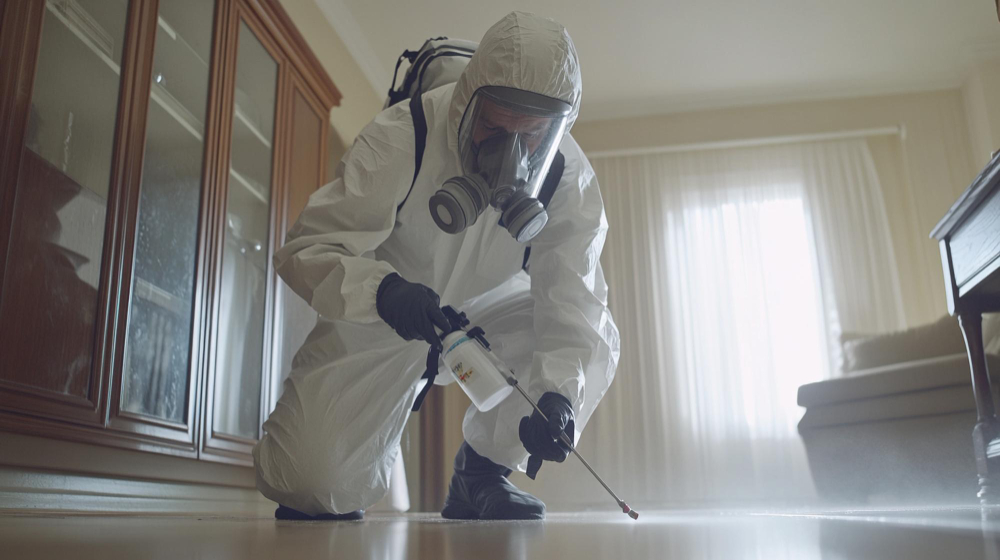Integration of Smart Technology
The integration of smart technology into pest control services is revolutionising the way professionals tackle pest problems. Utilising Internet of Things (IoT) devices, pest control companies can now deploy smart traps and sensors to monitor and identify pest activity remotely. These cutting-edge devices can detect movements and gather data in real time, enabling technicians to respond swiftly and efficiently to infestations. Smart technologies can significantly reduce the need for frequent site visits, which not only cuts costs but also minimises environmental impact. As consumer demand for tech-driven solutions grows, smart technology is becoming a cornerstone in modern pest management strategies.
Emphasis on Sustainable Practices
As society becomes more environmentally conscious, the pest control industry is shifting towards sustainable practices. Modern pest management services are increasingly utilising eco-friendly techniques that focus on long-term prevention rather than relying solely on fumigation. Businesses are adopting Integrated Pest Management (IPM) strategies that combine deep inspections, habitat modification, and biological control methods to mitigate pest problems. By targeting the root causes of infestations rather than only addressing the symptoms, IPM offers a holistic approach that is both effective and environmentally responsible. This paradigm shift is helping to reshape the industry’s reputation and align it more closely with the evolving values of its clientele.




